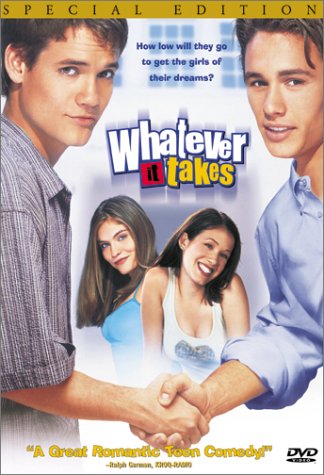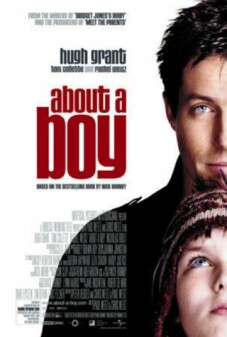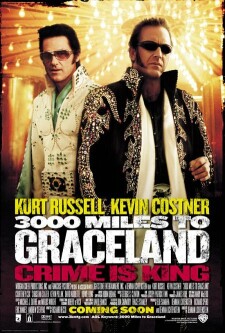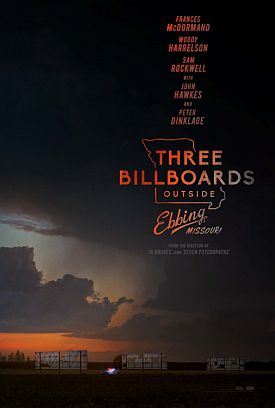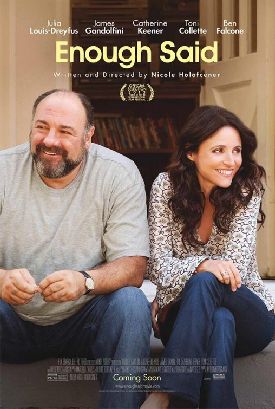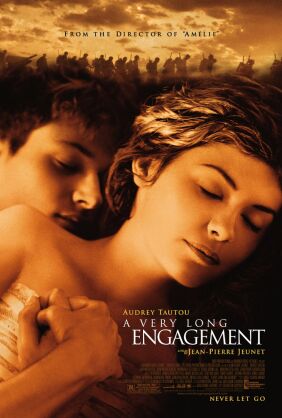Whatever It Takes
Whatever It Takes, directed by David Raynr and written by Mark Schwahn is yet another in the seemingly endless stream of movies which attempt to translate classic literature into American High School stories. This fad began in 1995 with what is still the best of its kind, Amy Heckerling’s adaptation of Emma, by Jane Austen, as Clueless, starring Alicia Silverstone. Whatever is a retelling of the Cyrano de Bergerac story with a few variations. This Cyrano, a humble and only slightly geeky accordion player called Ryan (Shane West), agrees to help a stupid but popular boy, Chris (James Franco), to woo his brainy next door neighbor and best friend, Maggie (Marla Sokoloff), in return for Chris’s help in winning for him the attentions of his beautiful, super-popular cousin, Ashley (Jodi Lynn O’Keefe).
Each, that is, is a kind of Cyrano to the other, teaching him what to say that will impress the girl he is interested in. “You be me and I’ll be you,” says Chris of these two obvious mismatches, and Ryan agrees until his inevitable realization that it is Maggie and not Ashley that he loves. The predictability of the story is not necessarily a drawback, given that hormone-crazed high school kids quite often really are as obtuse as this — though it doesn’t help that Maggie is a good deal prettier than Ashley, to my eye anyway. Ryan’s geeky friends are amazed at his good fortune with Ashley, thinking the romance to be “like Lyle Lovat and Julia Roberts…Tommy Lee and Pamela Anderson.”
Of course both boys have to overcome some initial resistance — Ashley thinks Ryan boring while Maggie thinks Chris “cocky” — but they are soon successful. Chris’s revelation to Ryan is that: “Chicks dig a******s.” Ashley, he tells him, is “head cheerleader of insecure” and therefore wants to be insulted and treated badly. Ryan, in turn, reveals Maggie’s deepest secrets in teaching Chris how to pass her “soul test.” So far as we can see this consists of naming Casablanca as his favorite movie and Nine Stories by J.D. Salinger as his favorite book. As for any further manifestations of “soul” these are left for Ryan to fill in — both by Chris and by the filmmakers. “You want to see what I’m writing?” Ryan asks Chris as he fills in Maggie’s form.
“No, just make me look good. Not too cocky.”
Later, when the moment of consummation arrives, Maggie suddenly comes up with a pop quiz on Nine Stories. “Which one of them is your favorite?” she asks.
“Uh, the long one?” says Chris.
“Wrong answer.”
So far the film has some possibilities. The division between “good” and “bad” kids obviously runs through (as it does in real life) those whose lives have been too-early sexualized and those whose lives have not. But the natural Hollywood tendency to come down on the side of the bad kids and sexualization, together with a lot of unnecessary silliness about prom night pranks — including a re-make of the pool-under-the-gym-floor scene from It’s a Wonderful Life — finally spoil it. The best moment is entirely tangential to the main plot and comes at the prom when one of Ryan’s geek friends turns up at the prom with the only date he could get, a single mother who brings her son along. “That’s not daddy,” she says to the little boy. “Remember? We talked about it? That’s mommy’s date.”
If only the movie had thought to make what ought to be the obvious connection between this funny but sad moment and the easy high school sex that it treats so casually.
Discover more from James Bowman
Subscribe to get the latest posts to your email.

